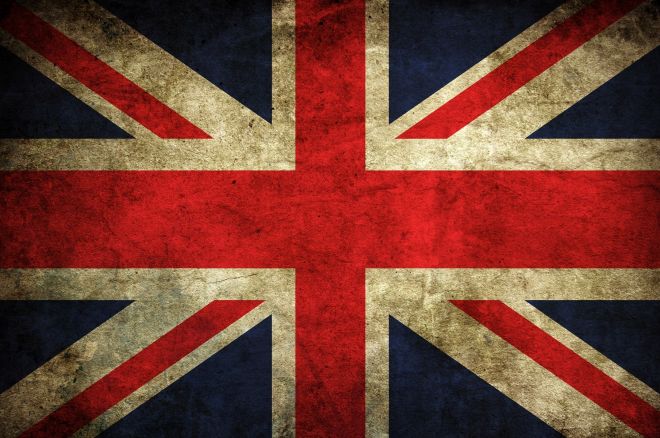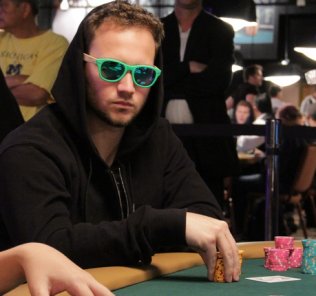How UK’s General Election Changed Gambling Industry’s Dynamics in 2017
Industry analysts believed that a triennial review of UK’s gambling industry, due for March 2017 release, and a December 2016 decision of the country’s government to treat freeplays used by UK-facing operators to acquire and retain players could trigger a new wave of merger and acquisition activity in the sector in 2017.
We are almost eight months into 2017 but it has been relatively quiet on the UK gambling front. Or at least, there were no apparent signs of any M&A activity. William Hill, which was believed to be one of the major companies that would seek a partner to cope with pending changes in the regulatory environment, has recently said that it was big enough for the time being to be able to recover from its previous hardships on its own.
It was last fall when the UK government began its triennial review of the industry, confirming that it would be particularly focused on the highly controversial fixed-odds betting terminals. The gaming machines have gained a huge group of influential opponents over the years and those have been calling for changes in the way they are regulated.
The results from the review were supposed to be made known to the general public by the end of this year’s first quarter. However, political turmoil and the eventual call for general election delayed the review’s publication indefinitely. It became clear in late June that the results would be announced this fall.
FOBTs opponents have long been calling for a significant reduction in the maximum stakes these accept. At present, customers of betting shops where the contentious machines are located are able to wager up to £100 every 20 seconds. There have been proposals for the maximum stakes to be diminished to just £2. While such a major change is not that likely, odds are now that there will be a change after all.
There were 34,184 FOBTs across 8,788 betting shops in the period between October 2015-September 2016, according to information released by the UK Gambling Commission. Any reduction in the maximum stakes will hit operators’ profitability for sure. Potential changes in the way the gaming machines are regulated were among the reasons believed to encourage any potential M&A deals. However, the political havoc from earlier this year and lack of clarity about the FOBTs issue has somewhat affected the industry’s dynamics.
As mentioned above, the UK government announced late last year a plan to change the way the so-called freeplays were treated in terms of taxation. Up to now, these have not be taxed. The proposal was tacked onto the Finance Bill 2017, but was removed from the legislative piece in April, after the snap election was called. British MPs pointed out that there was little time for the measure to be discussed as it should be.
The move came as particularly good news to operators as it meant they would not be burdened with additional taxes. However, as Casino News Daily reported earlier this week, the tax on freeplays will eventually be implemented from August 1, 2017, leaving UK-facing gambling companies with very little time to prepare for the changes in the taxation environment.
The Finance Bill is to be discussed again in September and is expected to receive Royal Assent in October. It now seems that the freeplays tax will remain part of the legislative piece.
According to estimates previously released by HM Revenue and Customs, the new freeplays taxation treatment will bring an additional of £345 million in the first five years after its implementation.
Anyway, it can be said that the UK general election threw a certain amount of havoc and turmoil in the country’s gambling industry, just as it did in other fields. It now seems that important decisions will be left for the second half of the year, which means that more movement and eventual game-changing deals could be expected either later in 2017 or in early 2018.
In How UK’s General Election Changed Gambling Industry’s Dynamics in 2017
Find out the best Online Casinos at CasinoToDo and click on “Get Bonus” to start playing for real money.



















Leave a Response